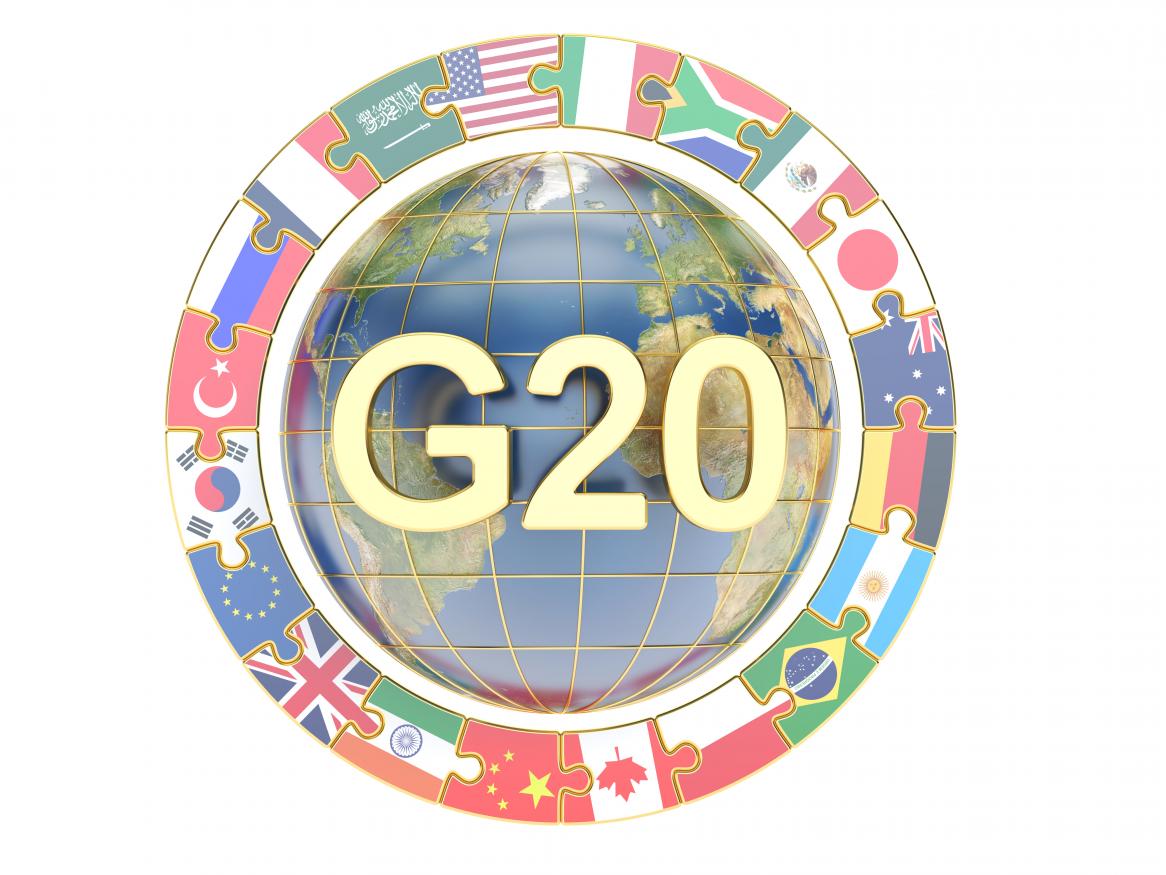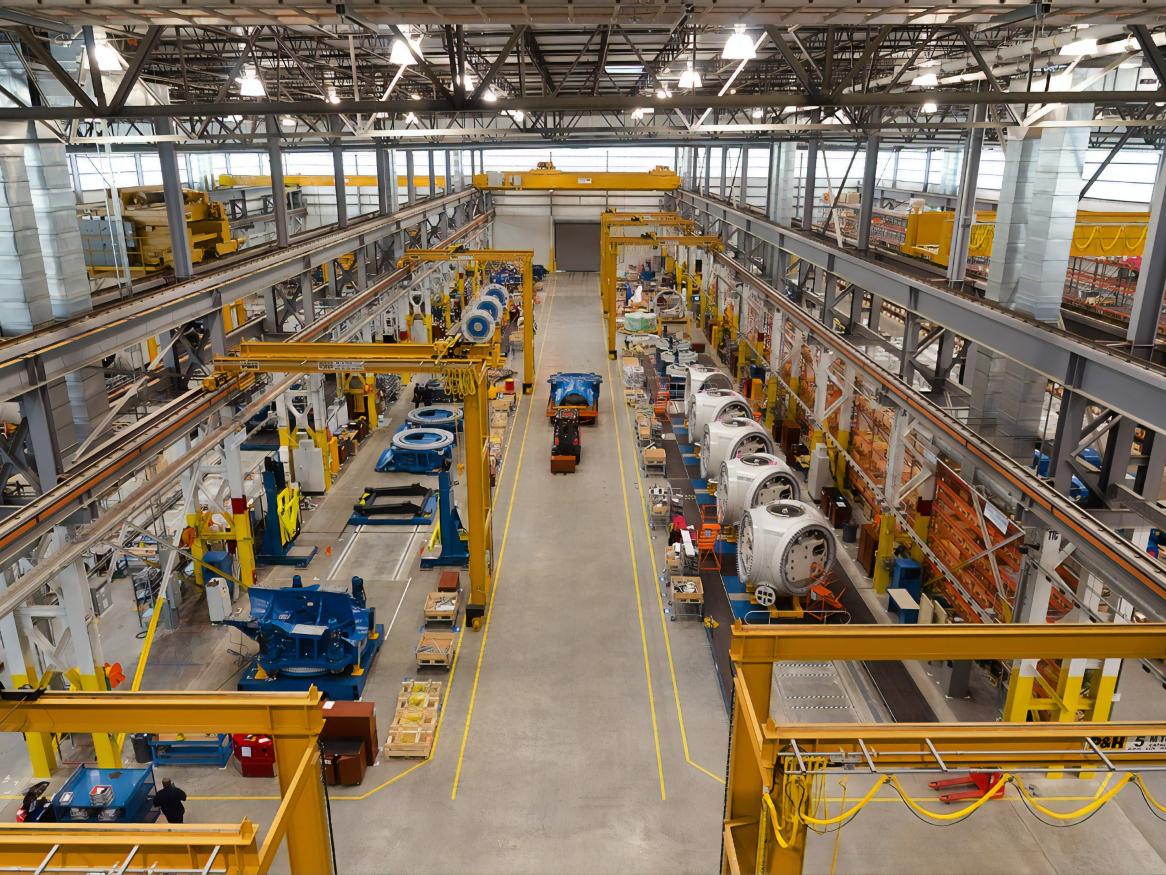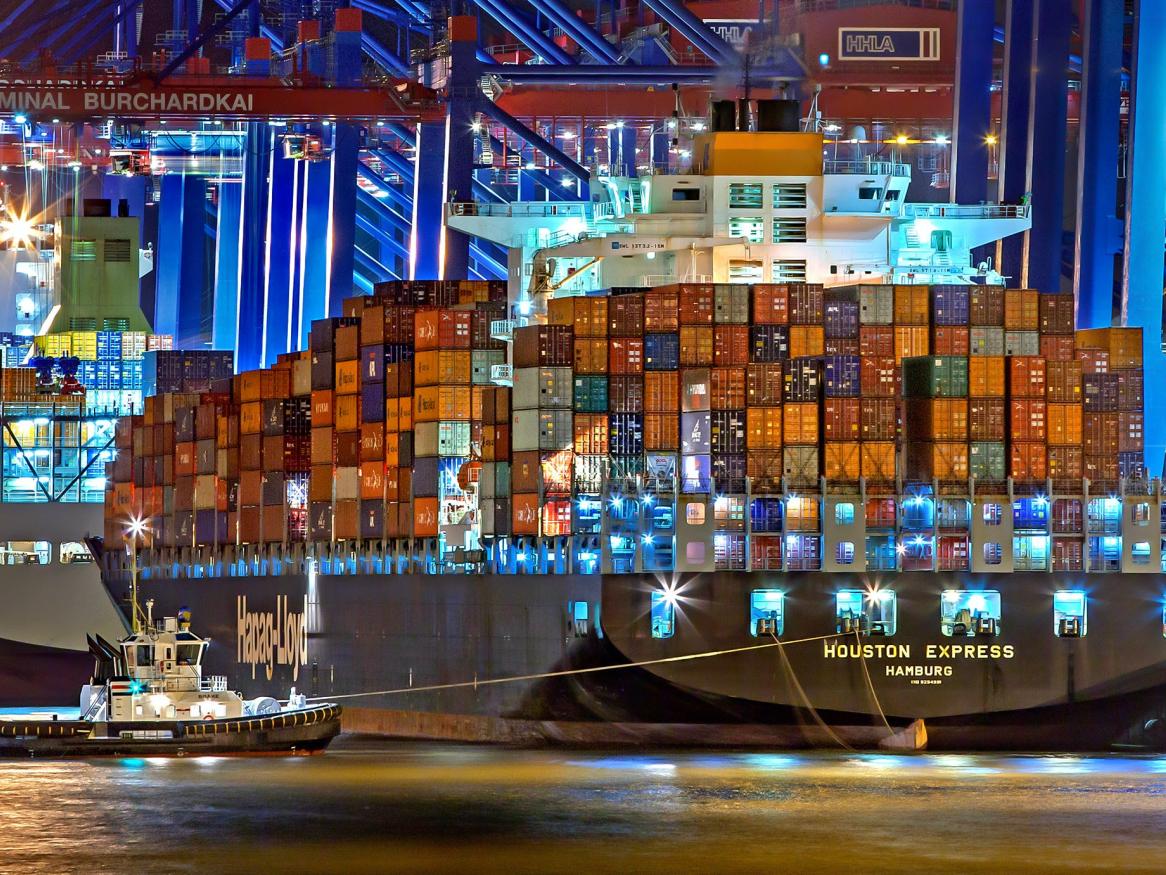News: China
What is the G20's role in reforming industrial subsidies?

The Institute for International Trade partnered with the Trade and Investment Research Network to deliver an informative webinar with our distinguished panel for a substantive discussion on the G20's role in reforming industrial subsidies. ‘What is the G20's role in reforming industrial subsidies?’ was the central question assessed by a panel of distinguished trade experts during this recent webinar.
[Read more about What is the G20's role in reforming industrial subsidies?]
Where does the EU’s Eastern Expansion end?
Richard Pomfret, Professor of Economics & Jean Monnet Chair Economics of European Integration, the University of Adelaide.
Until 1989 the eastern border of the EU was set by the Cold War. Since the end of Communism in Eastern Europe in 1989 and the dissolution of the Soviet Union in 1991, sixteen countries have joined the EU and the border has shifted many hundreds of kilometres to the east. Apart from the three Baltic countries, the EU’s eastern frontier is now the border of the Soviet Union established in 1945.
[Read more about Where does the EU’s Eastern Expansion end?]
Managing the risks of rising government support: a case for policy transparency

Ken Ash is an Independent Consultant, IIT Visiting Fellow, and former OECD Director of Trade and Agriculture.
Governments generally support the smooth functioning of their domestic economies, through maintaining systems of good governance and the rule of law and ensuring a coherent macroeconomic and structural policy environment. Extraordinary support is sometimes also warranted, as is the case today to mitigate the economic impact of COVID-19. Few would dispute that these are essential roles for governments.
[Read more about Managing the risks of rising government support: a case for policy transparency]
Asia-Europe Sustainable Connectivity (AESCON 2020)
The Asia-Europe Sustainable Connectivity Scientific Conference (AESCON) conference is a major ASEM preparatory event around the theme of connectivity. The conference was organized principally by the European Commission Joint Research Centre and the Economic Research Institute for ASEAN and East Asia, and attracted participants from governments, think tanks, universities and the private sector. Initially scheduled to be held in Singapore on 25-27 February, the conference was postponed and held online on 22-25 September.
[Read more about Asia-Europe Sustainable Connectivity (AESCON 2020)]
China-EU Bilateral Investment Treaty negotiations in a crucial time: A Chinese Perspective

Chenye Zhang, IIT Visiting Researcher and PhD Candidate at the University for International Business and Economics.
A Chinese perspective: In November 2013 BIT negotiations between China and the EU officially commenced. The goal was to reach a high-level agreement covering investment protection and market access. At the China-EU Summit in 2019, both parties reached consensus on achieving a high-level BIT by the end of 2020. Although the COVID-19 pandemic has caused difficulties, China and the EU have been actively pushing the negotiations forward.
Industrial Subsidies, State-Owned Enterprises and WTO Reform: Prospects for Cooperation?

Dr Naoise McDonagh, Lecturer in Political Economy, Institute for International Trade, University of Adelaide and Professor Peter Draper, Executive Director, Institute for International Trade, The University of Adelaide.
The role of the state and market-distorting state intervention in the global economy have come increasingly to the fore in recent times, in large part as reaction to China’s rise to becoming the second largest world economy, and a direct competitor with developed economies across many sectors.
The Perfect Storm: Interventionism, Inequality, Decoupling and Zombies

Carlos A. Primo Braga, Associate Professor, Fundação Dom Cabral and former Director, Economic Policy and Debt, The World Bank.
Covid-19 already ranks among the most impactful pandemics of the last 100 years. Most governments have put their economies in a temporary “coma” with a view to mitigate the spread of the virus (SARS-CoV2). This inevitably increases the economic pain associated with the pandemic in the short run and generates pressures for a quick return to normality. Lessons from the past, however, suggest that the health crisis can go on for much longer than most politicians anticipate.
[Read more about The Perfect Storm: Interventionism, Inequality, Decoupling and Zombies]
Is Competition from China So Special?
Dr Benedikt Heid, Senior Lecturer - School of Economics The University of Adelaide
The rapid increase in China’s exports in recent decades has led to concerns that they are displacing other countries’ exports. As the sophistication of Chinese exports has increased, the concerns are now shared by high-income countries including Australia.
In a new Discussion Paper (Is Competition from China So Special?), Dr. Benedikt Heid from the University of Adelaide School of Economics and two co-authors from Spanish universities analyse Spanish exports from 1997 to 2016.
Geopolitics, Trade and Protectionism: Covid-19’s impact and paths forward

Dr. Naoise McDonagh - Lecturer in Political Economy, Institute for International Trade
As the coronavirus continues to spread globally, country after country has had to implement the three “L”s: lockdown non-essential services and operations; lockout all non-essential people who are not citizens; lock-in all goods that are considered to be essential to managing the growing health emergency.
[Read more about Geopolitics, Trade and Protectionism: Covid-19’s impact and paths forward]
3rd PhD Summer Institute in International Trade
The University of Adelaide’s Institute for International Trade (IIT) hosted the 3rd PhD Summer Institute in International Trade. The first two summer institutes took place in February 2017 and February 2018, and its objective is to provide PhD students in this field with a platform for discussing their ideas with both fellow PhD students and senior scholars.
[Read more about 3rd PhD Summer Institute in International Trade ]
This work is licensed under Commons Attribution-NonCommercial-NoDerivatives 4.0 International License.
IIT is a global leader in researching, analysing and commenting on International Trade.
Stay informed about our up-and-coming seminars, events, publications, awards, new projects and collaborations, and other exciting news.
